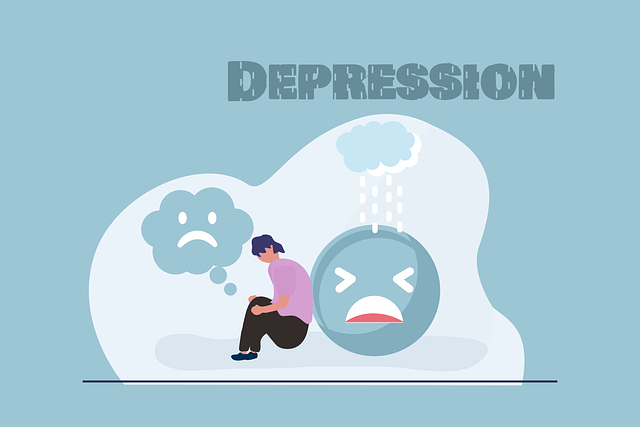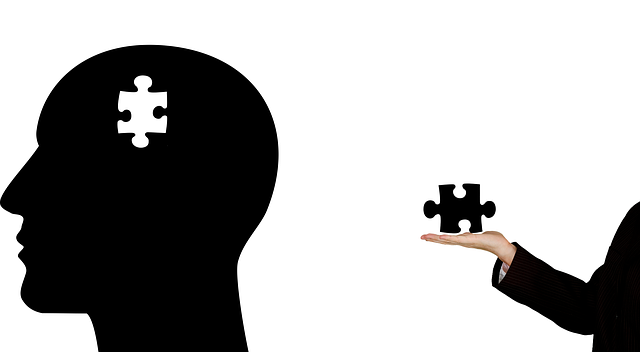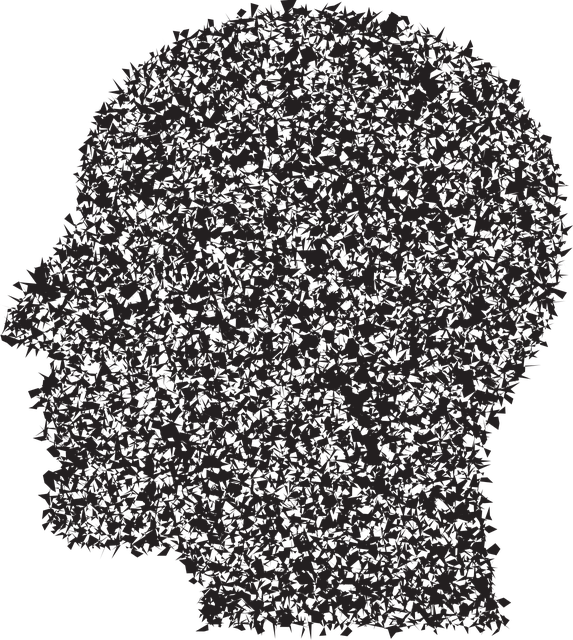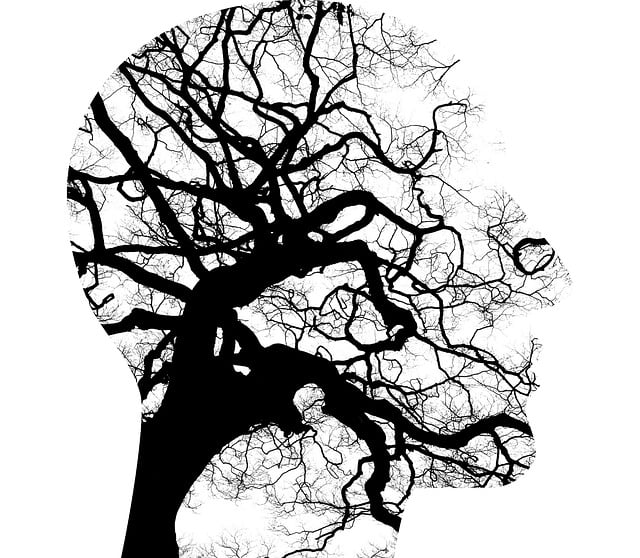Media portrayals of mental illness significantly impact public perception, often falling into stereotypes that either exaggerate or minimize its complexity, leading to stigma and hindering access to essential services. To combat this, mental health professionals like Wheat Ridge Family Counseling Therapy emphasize education and understanding through holistic approaches such as Compassion Cultivation Practices and Mind Over Matter principles. They advocate for accurate representation in media by collaborating with professionals, incorporating internal experiences of characters, encouraging self-awareness among actors, and developing risk management planning. Community engagement, workshops, and awareness campaigns create safe spaces for sharing stories and advocating for positive change in mental health perception, empowering individuals to recognize distress and access appropriate support methods.
Mental illness representation in media significantly influences societal perceptions and can either perpetuate stigma or foster understanding. This article explores strategies to challenge these representations, focusing on the efforts of Wheat Ridge Family Counseling Therapy. We delve into the impact of media portrayals on mental health perception, examine their current state, propose methods for more accurate and empathetic depictions, and emphasize the role of community engagement in driving positive change through awareness.
- Understanding the Impact of Media Portrayals on Mental Health Perception
- The Current State: How Wheat Ridge Family Counseling Therapy Addresses Stigma
- Strategies for More Accurate and Empathic Mental Illness Representation
- Community Engagement: Encouraging Positive Change Through Awareness
Understanding the Impact of Media Portrayals on Mental Health Perception

Media portrayals of mental illness can significantly shape public perceptions and attitudes towards people living with these conditions. Often, these depictions fall into stereotypes that either sensationalize or minimize the complexity of mental health struggles. For instance, media may portray individuals with severe symptoms as dangerous or unpredictable, leading to stigma and fear. Conversely, some representations might trivialize mental illness, presenting it as a mere emotional fluctuation, which can discourage those who truly need help from seeking appropriate counseling therapy, such as that offered by Wheat Ridge Family Counseling Therapy.
Such inaccurate portrayals can hinder open conversations about mental health and deter individuals from accessing essential services. This is particularly concerning for at-risk populations who might rely on media as a primary source of information. A comprehensive risk assessment for mental health professionals is crucial to navigate these challenges. By promoting accurate representation, including the portrayal of recovery, resilience building, and social skills training, media can play a pivotal role in fostering understanding and reducing the stigma associated with mental illness.
The Current State: How Wheat Ridge Family Counseling Therapy Addresses Stigma

Wheat Ridge Family Counseling Therapy is at the forefront of challenging mental illness stigmas prevalent in society. In an era where mental health awareness is gaining critical traction, the therapy center takes a proactive approach to destigmatizing mental disorders. They recognize that breaking down these barriers begins with education and understanding. Thus, they employ Compassion Cultivation Practices, fostering an environment where clients feel supported and accepted.
Through their services, Wheat Ridge Family Counseling Therapy aims to impart Mind Over Matter principles, empowering individuals to take control of their mental well-being. By offering specialized therapy sessions, they cater to diverse needs, ensuring that each client receives tailored care. This holistic approach not only addresses the symptoms but also promotes a deeper understanding and resilience against mental health challenges, ultimately contributing to a more compassionate society.
Strategies for More Accurate and Empathic Mental Illness Representation

To ensure more accurate and empathic mental illness representation in media, several strategies can be employed. Firstly, Wheat Ridge Family Counseling Therapy emphasizes the importance of consulting with mental health professionals during production to verify the authenticity of depicted conditions. This collaboration can help avoid stereotypes and misconceptions, fostering a more nuanced understanding among audiences. Secondly, implementing Empathy Building Strategies within scripts and storylines can significantly enhance on-screen portrayals. By incorporating characters’ internal experiences and struggles, media platforms can promote viewer empathy, leading to better comprehension and reduced stigma.
Additionally, encouraging self-Awareness Exercises for actors playing mentally ill roles is vital. This preparation enables them to portray complex emotions and behaviors more realistically. Moreover, developing Risk Management Planning for Mental Health Professionals as a resource for media teams ensures safe and respectful handling of sensitive topics. Such plans can mitigate potential harms while enhancing the overall quality and accuracy of mental illness representation in various forms of media.
Community Engagement: Encouraging Positive Change Through Awareness

In the fight against stigmatization and promoting understanding, community engagement plays a pivotal role in reshaping societal perceptions of mental illness. Organizations like Wheat Ridge Family Counseling Therapy have been at the forefront of this movement, leveraging their expertise to foster open dialogues about mental health. By organizing workshops, seminars, and awareness campaigns, they provide platforms for individuals to share their stories, dispel myths, and offer support. This community-driven approach not only educates but also empowers citizens to become advocates for positive change.
Incorporating self-care practices and emotional well-being promotion techniques into these initiatives ensures a holistic strategy. Mental health education programs designed with community engagement in mind can equip individuals with the tools to recognize signs of distress, offer appropriate support, and contribute to a culture that prioritizes mental wellness. Ultimately, these efforts collectively drive a movement where understanding and compassion supersede judgment, fostering an environment conducive to recovery and overall well-being for all.
In addressing the challenge of mental illness representation in media, it’s clear that collaborative efforts, like those demonstrated by institutions such as Wheat Ridge Family Counseling Therapy, are essential. By prioritizing accurate, empathetic portrayals and fostering community engagement, we can significantly improve public understanding of mental health issues. This, in turn, will help reduce stigma and create a more supportive environment for individuals facing mental illness. Through awareness and education, we have the power to revolutionize perceptions and ensure everyone receives the care they need.













